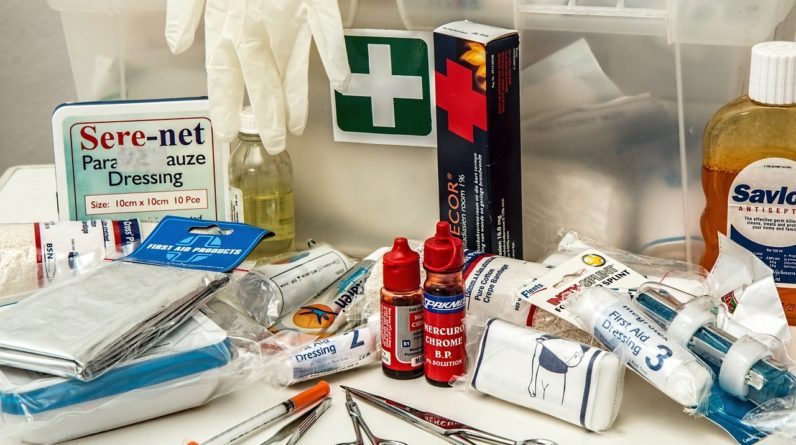Health and fitness has always been a trending topic, since time immemorial. The benefits of a healthy lifestyle are undeniable, and this day and age of advanced technology comes with it an unfettered access to all kinds of workout regimes, diet plans and implements all created with an aim to improve human wellness. A great milestone in this realm came with the advent of legal dietary supplements, which to this day do not cease to stir up debate on their usefulness, safety and potential effects, both good and bad.
Many of the substances currently marketed as dietary supplements fall into the following categories: vitamins, minerals, herbs or other botanicals, amino acids, animal-derived products, hormones and hormone analogues, and enzymes, as well as concentrates, metabolites, constituents, or extracts of these. Among these substances is a widely used substance known as creatine.
What is Creatine?
Creatine is a chemical that is found in the body. It is found majorly in muscles but also in the brain. The body produces some of the creatine it uses, but finds an alternative source in protein-rich foods such as red meat and seafood, and can also be made in the laboratory.
It is a natural substance that turns into creatine phosphate in the body. Creatine phosphate helps make a substance called adenosine triphosphate (ATP). ATP provides the energy for muscle contractions.
What are the potential benefits of Creatine?
Creatine is most commonly used for improving exercise performance and increasing muscle mass in athletes and older adults. Creatine use is allowed by the International Olympic Committee, National Collegiate Athletic Association (NCAA), and professional sports. It is thought to improve strength, increase lean muscle mass, and help the muscles recover more quickly during exercise. This muscular boost may help athletes achieve bursts of speed and energy, especially during short bouts of high-intensity activities such as weight lifting or sprinting. However, there is no evidence that creatine helps with endurance sports, and research also shows that not everyone’s muscles respond to creatine; some people who use it see no benefit.
In addition to improving athletic performance and muscle strength, creatine is taken by mouth for creatine deficiency syndromes that affect the brain, aging, bone density, diseases of the muscles and nerves, depression, diabetes, head trauma, inherited disorders that affect the senses and movement, schizophrenia, and recovery from surgery, among a plethora of other conditions and illnesses.
It can also be taken by mouth to slow the worsening of amyotrophic lateral sclerosis (ALS, Lou Gehrig’s disease), osteoarthritis, rheumatoid arthritis, McArdle’s disease, and for various muscular dystrophies.
According to studies, vegetarians and other people who have lower total creatine levels when they start taking creatine supplements seem to get more benefit than people who start with a higher level of creatine. Skeletal muscle will only hold a certain amount of creatine; adding more won’t raise levels any more. This “saturation point” is usually reached within the first few days of taking a “loading dose.”
It has been discovered that 8% of adolescents take creatine. The supplement is mostly used among high school, college, and professional athletes, especially football and hockey players, wrestlers, and gymnasts. An estimated four out of ten of college athletes and up to half of professional athletes say they use creatine supplements.
How about its potential side effects and health risks?
Researchers still don’t know the long-term effects of taking creatine supplements, especially in young people. The downside is, that adolescents who take creatine often do so without their doctor’s advice, which can cause them to take more than the recommended dose.
Although most healthy people can take it with no problem, creatine can, in rare cases, have adverse effects, particularly when used in excess. Side effects can include: gaining weight, anxiety, difficulties in breathing, diarrhoea, fatigue, fever, headache, kidney problems, nausea and vomiting, rash and stomach upsets.
In addition certain drugs, including diabetes medications, acetaminophen, and diuretics, can have dangerous interactions with creatine. Taking the stimulants caffeine and ephedra with creatine can increase the risk of side effects.
Creatine isn’t recommended for people with kidney or liver disease, or diabetes. Others who should avoid consuming it are children under age 18 and are pregnant or lactating mothers. Also it is imperative that one does not use creatine if they are taking any medication or supplement that could affect their blood sugar, because creatine may also affect blood sugar levels.
It is advisable to drink plenty of water to prevent dehydration if you take creatine, and regardless of how healthy one may be, they must consult their physician before taking it.





